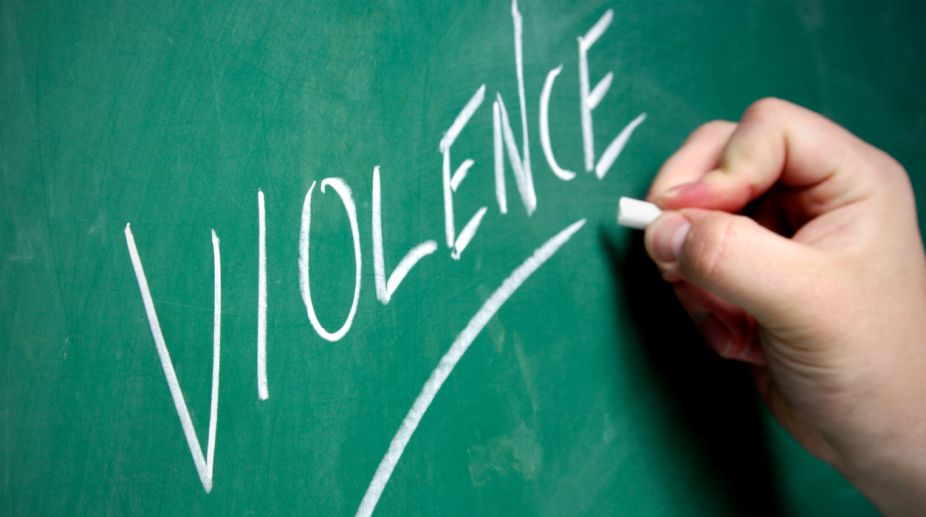Thirty-one people were killed over the weekend in central Mali as ethnic groups clashed over land in a zone where the state is near-absent and jihadists roam freely.
Nomadic Fulani people and farmers from the Dogon ethnic group have engaged in tit-for-tat violence sparked by Fulanis grazing their cattle on Dogon land.
Advertisement
Dogons also accuse Fulanis in the area of colluding with cleric Amadou Koufa, whose Islamist group recently joined the Group to Support Islam and Muslims, a jihadist alliance with links to al-Qaeda.
The Malian army confirmed "31 dead, (comprising) 27 Fulanis and four Dogons," along with nine more injured, in a statement released last night.
The army said it had spoken with mayors, village chiefs and imams to persuade them to halt the violence in Mopti region.
But a local official in the area said the absence of the government in the area had created a vacuum where jihadists were thriving.
"The absence of the authorities in this part of the country because of the presence of jihadists like Koufa facilitates this kind of behaviour," the official said on condition of anonymity.
A resident of the area described a "revenge attack" by Dogons against two Fulani villages, following the widely reported murder of a Dogon in a fight last week.
Increased availability of arms from Libya has contributed to intercommunal violence in Mali, experts say, while drought has forced herders into areas traditionally cultivated by farmers.
Human Rights Watch said in April that herder and farmer groups "have long had disputes and misunderstandings over access to water and land," but cautioned that the proliferation of Islamist armed groups meant such disputes "have become increasingly deadly."











